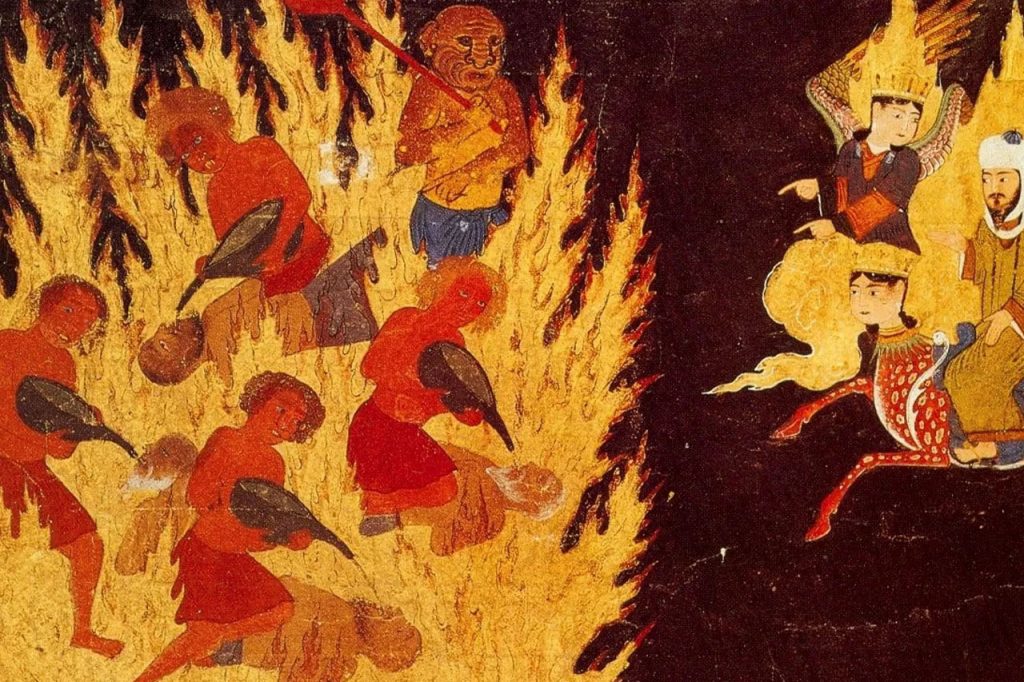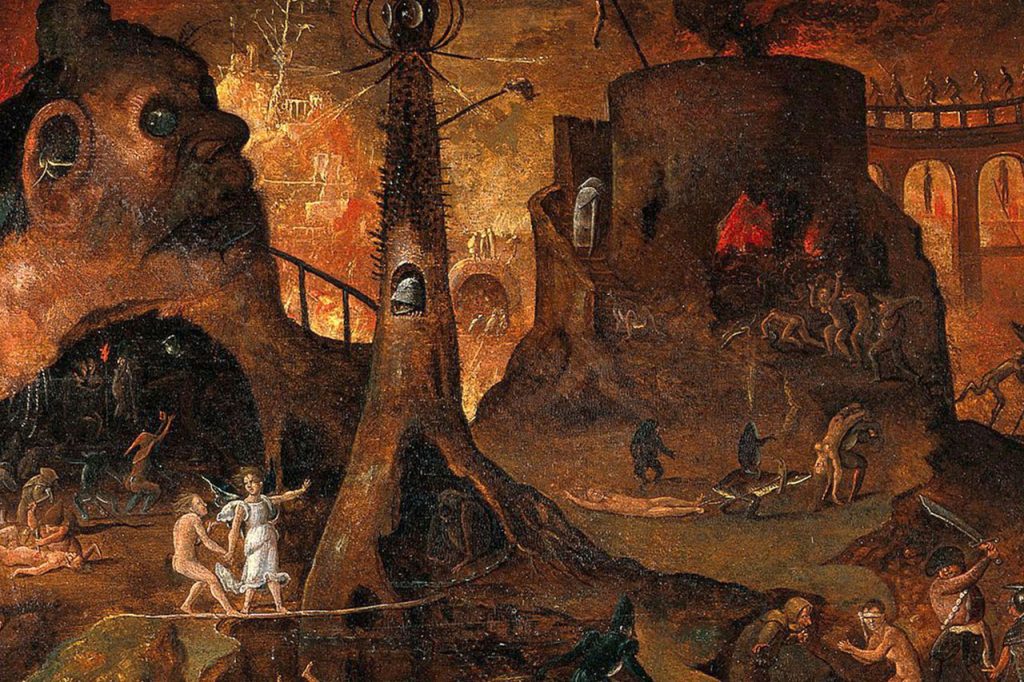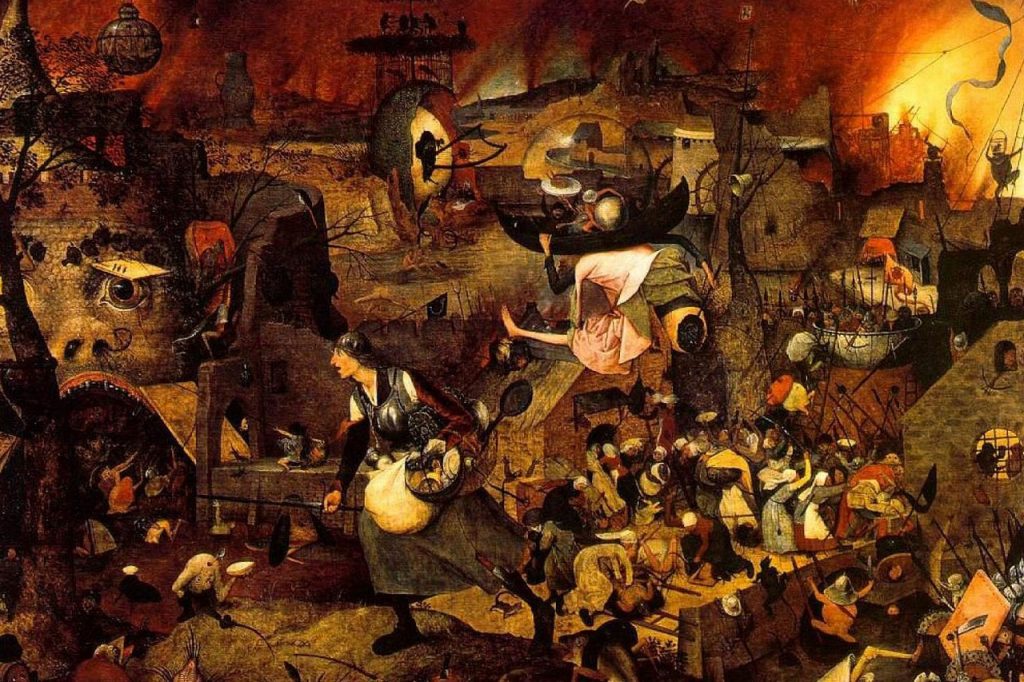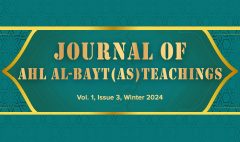MA Thesis: “The Tale of Jahannam. ‘Hell’ According to Early Muslim Tradition”
January 25, 2024 2024-03-18 1:35MA Thesis: “The Tale of Jahannam. ‘Hell’ According to Early Muslim Tradition”

MA Thesis: “The Tale of Jahannam. ‘Hell’ According to Early Muslim Tradition”
MA Thesis: “The Tale of Jahannam. ‘Hell’ According to Early Muslim Tradition”
Author: Nael Abd El-Rahaman
University: McGill University
Date of Award: Winter 2023
Abstract:
This thesis is primarily a study of the concept of Hell in Islam as it was imagined by early Muslims. Hell in Islam has received limited attention by Muslim and Western scholars of Islam, even though it occupies an important place in the events of the Day of Judgment and in the minds of those interested in learning about the Day of Judgment according to Islam.

The relative lack of information about Jahannam, particularly in languages other than Arabic, is among the reasons for the paucity of literature by Western scholars. This study provides information about Jahannam and takes on the task of giving Jahannam the attention it deserves. A general view of Jahannam in Islam will be introduced as well as its topography, its inhabitants, and the types of punishments used in it. In addition, the issue of its permanency will be discussed.
This investigation will focus on the thoughts of the first three generations without introducing later understandings, beliefs, or imaginations. Therefore, it will set aside what is currently said about Jahannam and examines what early generations said about it.

Nael Abd El-Rahaman argues that authentic hadith did in fact reflect early Muslims’ understanding of Jahannam. Therefore, the study will substantially rely on what was said by the Prophet related to Jahannam in addition to what is written in the Qurʾān regarding it. As hadith serves as a lamp to shed light on the way early Muslim perceived Jahannam, this study will address methodological and terminological issues related to hadith and discuss how the methods of early hadith critics proved to be reliable in hadith authentication processes.

In relation to the issue of hadith authenticity, the study will introduce and explore what later came to be the science of Uṣūl al-Hadith and its related genera. It will also touch on the problem of tadlīs (concealing the defects in a hadith) and how hadith critics were aware of it.
Furthermore, because Western scholars generally agree that early hadith critics limited their authentication of hadith to examining isnād (the chain of narrators), the study will also discuss matn or naṣṣ (text) criticism, in particular during the early period of Islam, by providing examples of such criticism applied by al-Ṣaḥābah.
Read the full text HERE.
Source: McGill University







